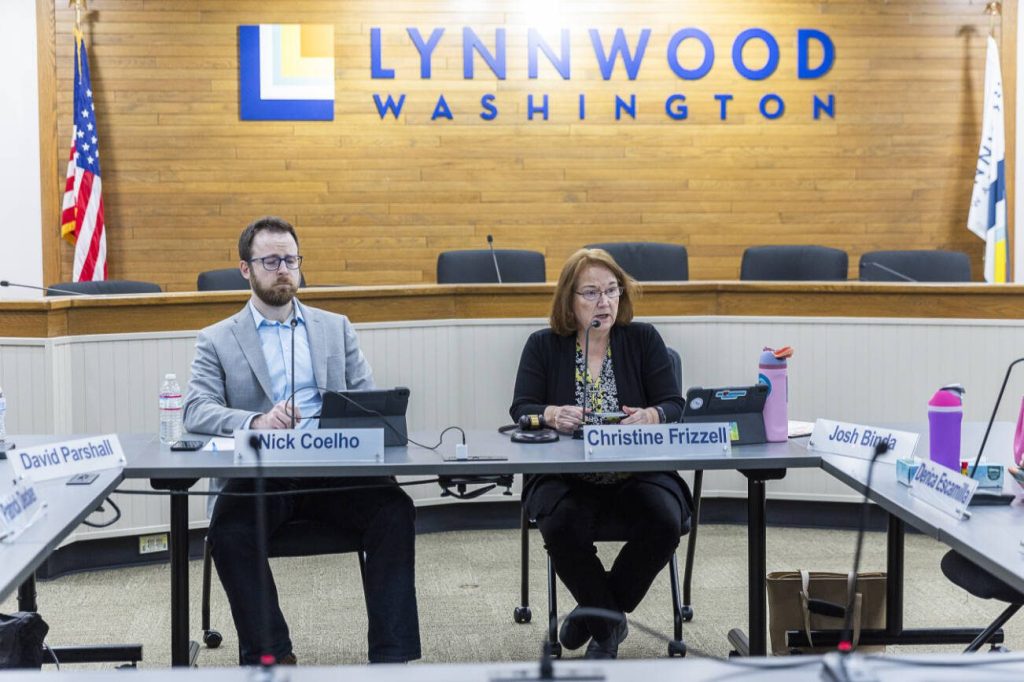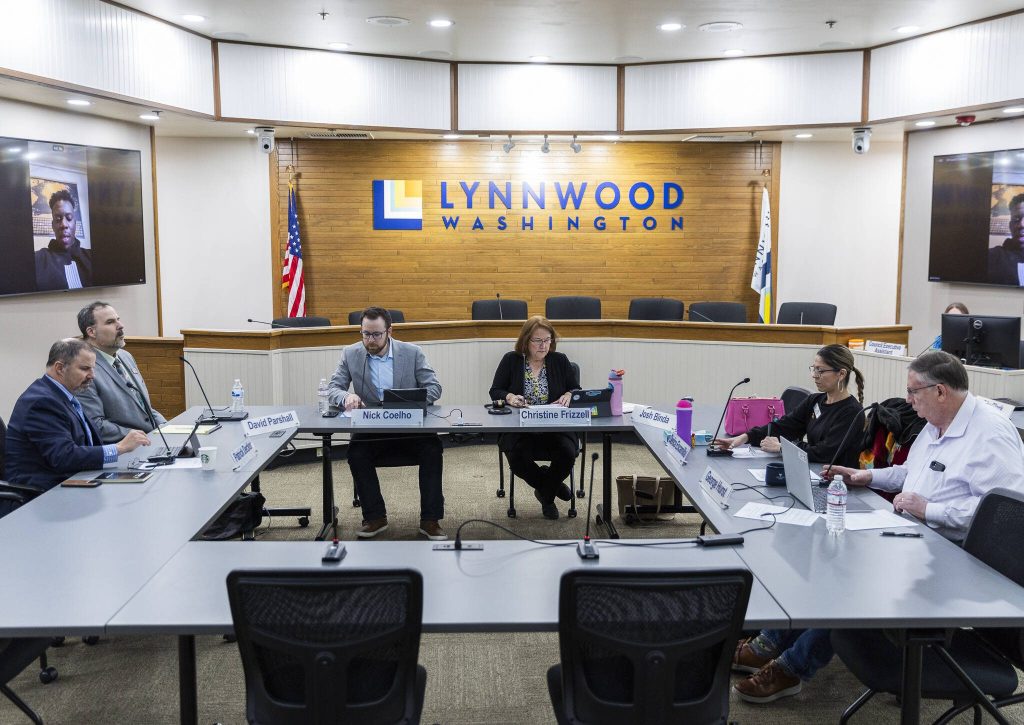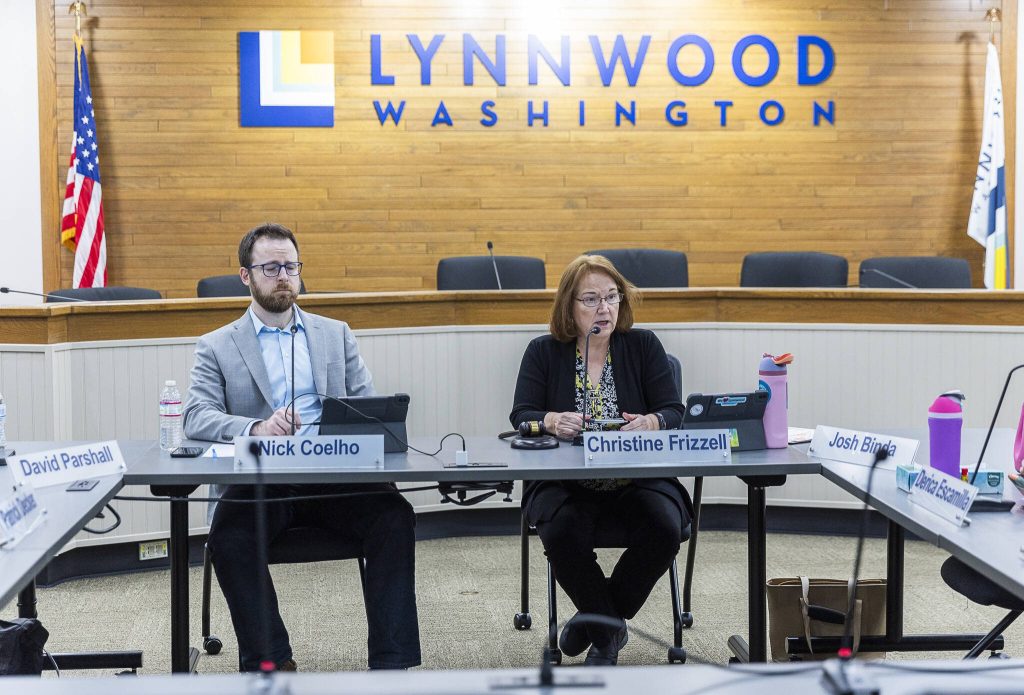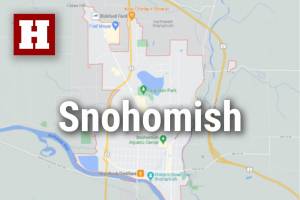Lynnwood faces $10.7M budget shortfall by end of 2026
Published 1:08 pm Tuesday, July 29, 2025



EVERETT — The city of Lynnwood is on track to face a $10.7 million shortfall by the end of 2026, finance director Michelle Meyer told the City Council on Monday.
According to city policy, Lynnwood must have 2.5 months worth of operating expenses in its reserves, which is about $13 million in 2025 and $13.7 million in 2026. If the city doesn’t make any changes to its revenues or expenditures, it will be $4.1 million behind the 2025 requirement and $10.7 million behind the 2026 requirement.
On Monday, Mayor Christine Frizzell said the city is considering staff cuts to address its budget crisis.
“As our city grows, so does the number of employees as we respond to the needs we hear from our community,” she said. “Now that we are looking at scaling back some levels of service, unfortunately, we will need to reduce the number of associated personnel.”
Departments are reducing their expenses by anywhere from 3% to 20%, Meyer said. On July 21, Frizzell said she asked each department, with the exception of courts and police, to reduce expenses by at least 10%.
Specific information about staff reductions is not available, Meyer said, as the city is currently negotiating with its unions.
On July 21, Mayor Christine Frizzell announced that the city is facing a “substantial budget shortfall” due to lower-than-expected revenues.
On Monday, Meyer provided the council with an updated budget forecast.
The city had a “growth mindset” when it adopted its 2025-26 budget, Meyer said. But revenues haven’t grown as much as city leadership expected.
Sales tax, development services charges and red-light camera fines haven’t increased since 2024, she said. The updated forecast accounts for 0% growth in each of these areas.
National economic uncertainty may be contributing to the shortfall, Meyer said, especially when it comes to expensive construction projects. Lower than expected development services revenues — including permit and impact fees — could stem from high interest rates and tariff uncertainty, she said.
“We expected some continued growth, and we are not seeing that, just like most other jurisdictions in the nation right now,” she said.
In the new 2025-26 forecast, sales tax revenues are $7.8 million less than originally budgeted for. Development services charges are $5.1 million less and fines and forfeitures are $8.2 million less. Meyer said the city is on track to meet the development and fine targets, but the city is behind in sales tax revenue.
The city also faces higher-than-expected costs from its new Community Justice Center, including construction and medical expenses, Meyer said.
Council member George Hurst, who serves as chair of the finance committee, asked for specifics regarding additional cost-saving measures Frizzell announced July 21, including a hiring freeze, with the exception of “critical positions.” She said the city has reduced seasonal staffing, travel and training, overtime, some city programs and eliminated non-critical purchases.
“I do recognize that there’s some sensitive issues as far as how we’re going to get out of this,” Hurst said, “but I do not believe we’re going to get out of this if the economy turns around because of some of these forecasts.”
If the city fails to meet the reserve requirement by the end of the year, it could face a credit rating downgrade, making it difficult to issue bonds in the future, Meyer said.
“We do have to disclose it,” Meyer said. “It’s not a good look.”
The city could lower the reserve requirement to two months of operating expenses, reducing the 2025 gap to $4 million and the 2026 gap to $8 million, Meyer said.
Council member Robert Leutwyler, who was appointed to the council in March, said he sees the budget as “being held together by bubble gum.”
“I would question the decision of any council that decides we’re going to build a budget based around speeding and red-light cameras going into our general fund and using that are a key part of our budget foundation,” he said. “That strikes me as a terrible way to do business.”
In December 2024, the city passed a 52% property tax increase — $144 per year for the average homeowner — to fund city positions that were previously funded through one-time COVID-19 relief grants. These included 10 police officers, two parks maintenance staff and a human services coordinator. The increase also went toward several new positions, including many employees at the Community Justice Center.
Without voter approval, the city can raise its property tax levy rate by another $3.6 million, Meyer said. This would raise property taxes for the average homeowner by about $211 per year to a total of $633 per year, she said.
Hurst proposed the council not take a summer break, which usually occurs at the end of August. Some council members agreed. The next council meeting is scheduled for Aug. 11.
Jenna Peterson: 425-339-3486; jenna.peterson@heraldnet.com; X: @jennarpetersonn.







